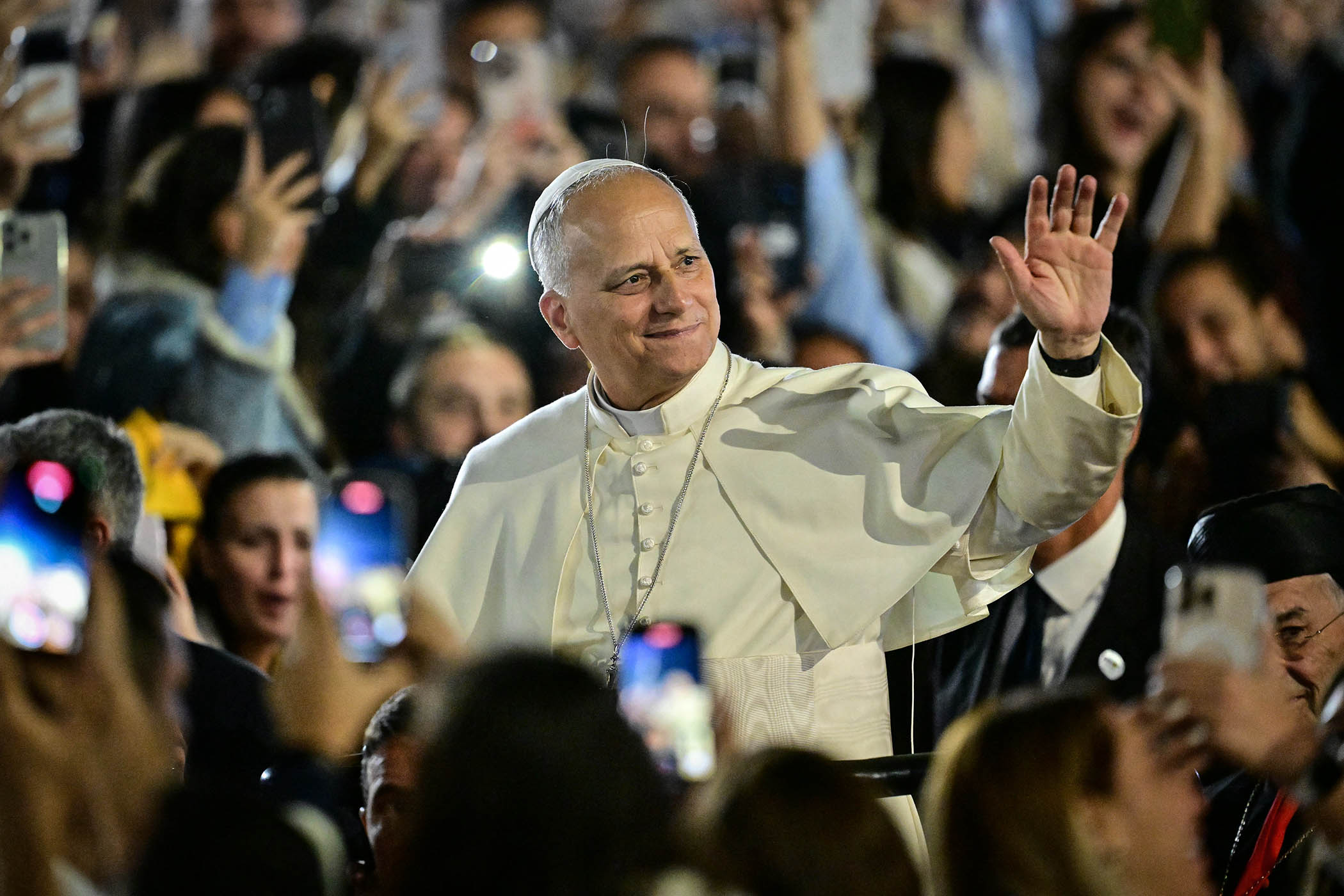Peace has broken out at the Church of England’s General Synod – and on an issue of human sexuality. It felt like a miracle. In a rare outbreak of near unanimity on such matters, the synod overwhelmingly approved a call for candidates for ordination to no longer be required to agree to the church’s 34-year-old statement on sexuality. Although it aimed to be sensitive, the tone, language, and some of the assumptions in Issues in Human Sexuality were seen as outdated and even offensive to many people. I am glad that synod was united in wanting to end its use in discerning who can become vicars in future.
Since its introduction in the 1990s, Issues in Human Sexuality has allowed for the possibility of a Christian same-sex couple choosing to live in a “loving and faithful partnership, in intention lifelong, where mutual self-giving includes the physical expression of their attachment”. At the time that was seen as progressive, especially as civil partnerships were still many years away. (If the House of Bishops had allowed clergy to celebrate civil partnerships when they came out, in line with Issues in Human Sexuality, I don’t think we would be in such a bind today, but that is another story.) However, such openness did not apply to clergy. Gay and lesbian clergy were expected to be celibate, even if living with a same-sex partner, and prospective vicars were expected to assent to this too.
Nowadays, of course, some prospective ordinands come forward who are already in civil partnerships. Should they be required to confirm that they will no longer give physical expression to their love? That does not feel right to me, or the pathway to a lifegiving and lifelong loving relationship.
On 15 July, the synod debated a private members’ motion which argued that although originally intended as a teaching document, Issues in Human Sexuality had assumed a more definitive role, when it came to deciding who could or could not be clergy. A friendly amendment means that we will use Guidelines for the Professional Conduct of the Clergy instead, which is much broader and, thankfully, doesn’t just focus on sex.
After many years of fractured and divisive debate on whether to allow the blessing of same-sex couples in our churches, many expected this debate to be equally difficult.
However, people of all backgrounds and traditions spoke in favour of the motion to move on from Issues In Human Sexuality in the process of addressing who could be clergy. It really did feel as though the Holy Spirit was moving through the chamber, as people shared the hurt and confusion the use of that document had brought to many exploring ordination. The archbishop of Jerusalem had addressed the synod that morning and had shared the harrowing experiences of life in Israel and Palestine today, and his life as a peacemaker and bridge-builder in the midst of war and devastation.
Perhaps that brought much needed perspective, or at least a deep thankfulness for all that we do enjoy and share as followers of Jesus in this country: Freedom of religion and belief, freedom of conscience and tolerance of those who are different from ourselves. The understanding from our Jewish-Christian roots that all are made in the image of God, and that each person is both unique and precious just as they are.
I came away from the synod encouraged and grateful. We had made a good decision together, and most importantly had done so in a debate filled with grace, kindness and good humour.
Perhaps we can learn from this and, instead of trying to find a grand package that will solve “the issue” once and for all, we can come together to make real pastoral improvements that will help real people one step at a time. Because in the end this is not about “issues’, at all, but is about real people trying to live good and faithful lives in a complex and fast changing world. The Church of England needs to be there for them.
Newsletters
Choose the newsletters you want to receive
View more
For information about how The Observer protects your data, read our Privacy Policy
The Rt Revd Martin Gorick is bishop of Dudley and acting bishop of Worcester
Related articles:


